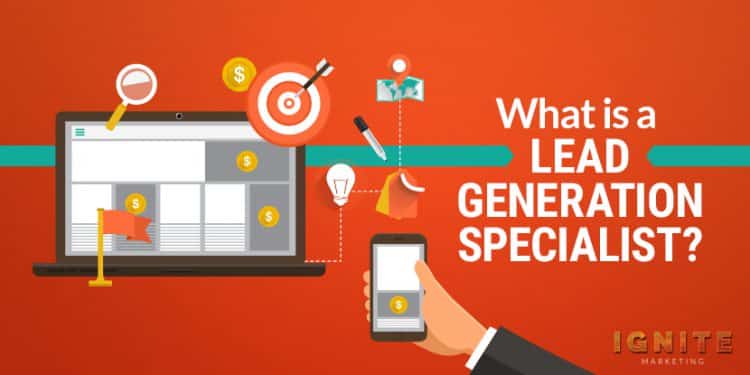


As your business grows in size and complexity, so does your lead generation strategy.
As the number of prospects you need to follow up with rises, so does the number of leads you need to score and qualify for your sales team.
Eventually, your general-purpose marketing team won't be able to keep up with the lead generation workload. If you don't hire someone to deal with the lead generation responsibilities, you'll convert fewer prospects and ultimately bring in less revenue.
So, what is a lead generation specialist? A lead generation specialist is a position typically created in companies that operate in B2B industries. This person's primary job is to acquire and evaluate new leads.
To learn what a lead generation specialist does, read on.

While the exact duties will vary depending on the company, most lead generation specialists will perform two core duties:
Outbound marketing has fallen out of favor with many marketers, but it can still be an effective lead generation method in some circumstances.
Some of the most successful outbound techniques that still work today are direct calls and emails. This is especially true in B2B industries, as it's relatively easy to research and target the people who hold the positions relevant to the product being sold.
At many B2B companies, the task of cold calling and emailing prospects falls to the lead generation specialist. This person will research potential leads, make some initial communications to warm them up, and pre-sell them before handing them over to the sales team.
The effects of these outreach efforts will vary depending on the number of prospects available, the number of consistent lead sources that have already been set up, and how good at selling the specialist is.
Not every lead will convert. No matter how hard you and your sales team try, some leads just aren't in a position to buy.
Maybe the cost is too high. Perhaps your product is incompatible with their existing infrastructure. Or maybe your lead wants to make a purchase but doesn't have approval from someone with the power to make that decision.
The reason doesn't matter. What matters is that you avoid wasting time on low-quality leads with little chance of converting. The sales team needs to spend their time on the phone with potential buyers. Banging their heads against the wall trying to sell to an unwilling buyer is a waste of time and money.
With a bit of research and analysis, it's possible to give each lead a quality score and a quality grade. By doing this, you can avoid sending low-quality leads to sales and stick to the leads that have a higher chance of converting.
This task will also fall to the lead generation specialist. As it's grounded in processes more than people skills, it's more learnable than the people skills required for the phone and email outreach portion of the job.

Determining whether someone is a good lead or not can seem like a confusing and challenging process. Fortunately, it's relatively easy to do if you know what the steps are.
Most companies complex enough to require a lead generation specialist will have already developed several buyer profiles. Checking each lead against this profile can disqualify weak leads early on and save the sales team a lot of trouble.
Figuring out whether a prospect is merely interested in a product or has shown clear purchase intent is integral to the qualification process.
The easiest way to do this is by checking how they're interacting with your website.
If the prospect is looking at educational content like white papers or webinars, they are showing interest in the content you've produced. However, that doesn't mean they're considering making a purchase.
But if the prospect is browsing through your sales page or requesting product demos, they are showing clear intent to buy. Prioritize sending the sales team prospects with intent over prospects who have only shown interest.
Not every prospect has the ability to make a purchase decision. Before passing someone to sales, double-check that the person you're talking to has the authority to buy.
This is important ‒ your sales team will find few things more annoying and disheartening than spending an hour talking to a seemingly white-hot lead who turns out to be an intern.
If you're still having trouble qualifying a lead after taking the steps mentioned above, take a look through their company's website. Depending on the industry you're in, this can tell you a lot about how compatible your product will be with their business.
When checking a prospect's website, you should ask the following questions.
It's not unheard of for multiple leads from the same company to contact you independently. To avoid a confusing and wasteful multi-sell process, check your CRM to ensure no one else from their company is currently interacting with your sales team.
Being a lead generation specialist isn't easy. There are many high-level skills they need to excel at their job.

Lead generation specialists need to communicate exceptionally well. As they are essentially the initial salesperson for the company, they will need to have excellent conversational skills. But they also have to clearly communicate with both the sales team and other members of the marketing team.
To make things clear, here's what I mean when I say "exceptional communication skills."
High-level lead generation relies heavily on marketing automation and CRM software. To perform their job with efficiency, a lead generation specialist will need to know their way around the CRM software their company uses.
Of all the tasks expected of a lead generation specialist, this is likely the easiest. There are plenty of in-depth tutorials out there for every type of CRM software, and anyone with a bit of computer savvy should be able to pick it up pretty quickly.
To be able to pre-sell and pre-qualify leads, a lead generation specialist needs to have a thorough understanding of their company's sales funnel. Knowing this will enable them to better qualify and score leads and have more intelligent conversations about those leads with the marketing and sales teams.

The role of a lead generation specialist is ultimately data-driven. They will have to condense many individual data points into a single score and grade. Even if the company already has processes in place to make this task easier, the specialist will still need to perform some analytical work to come to an accurate conclusion.
Lead generation specialists are integral members of many B2B marketing teams. Without their input, sales teams would have to deal with an overflow of unqualified leads who are unwilling or unable to make a purchase.
